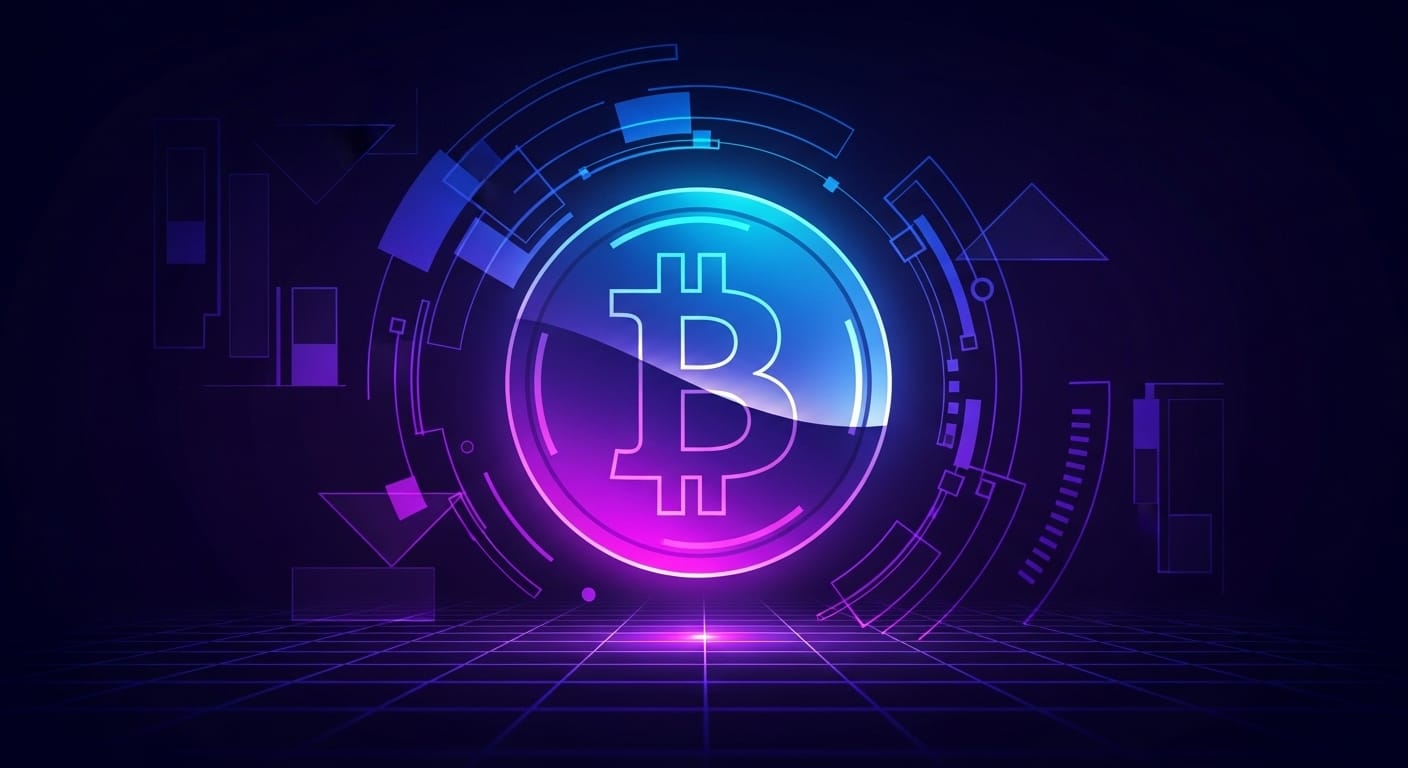
bitcoin
Is Bitcoin the future of money? Welcome to CryptoBit Magazine’s Bitcoin section, your trusted source for the leading cryptocurrency. Discover Bitcoin’s decentralized blockchain, market trends, and investment opportunities. Gain insights into wallet security, mining innovations, and regulatory updates. Stay informed with expert analyses and price movements. Learn why Bitcoin remains the cornerstone of the crypto revolution, driving financial freedom and digital innovation.








